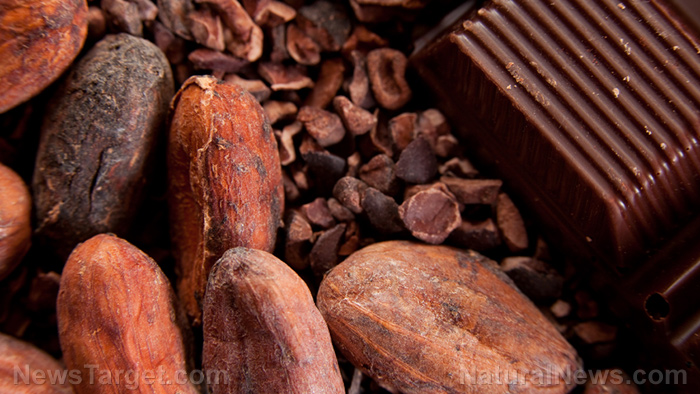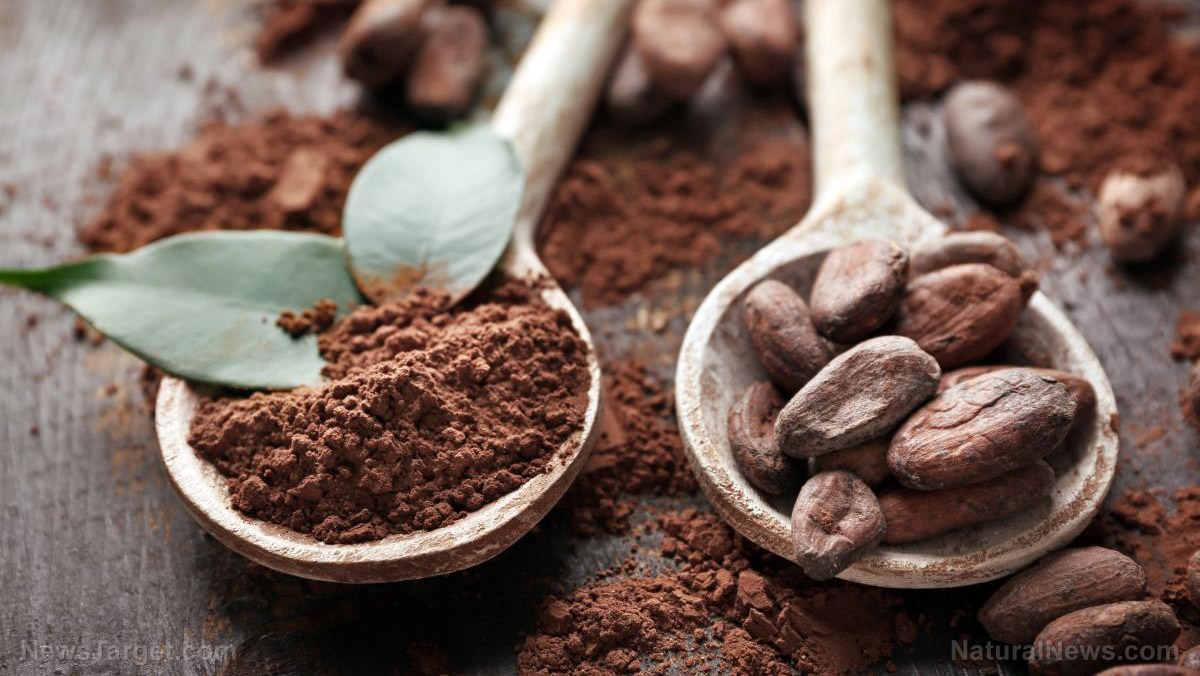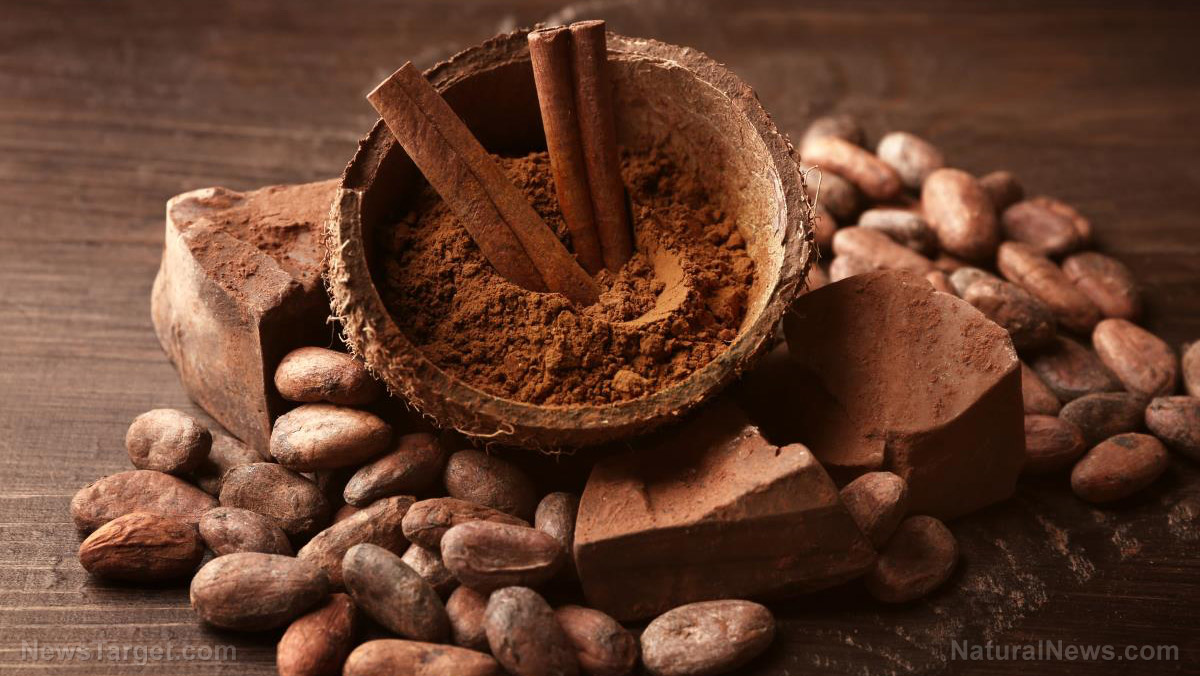How high demand for chocolate is wiping out Africa’s rainforests
09/20/2017 / By Tracey Watson

It would take some serious searching to find someone who does not love chocolate. Who can resist a chocolate bar after a long and stressful day? Or what about some delicious chocolate ice-cream in the sweltering summer heat? Chocolate milkshake anyone? The list goes on and on, and it is true to say that the whole of the developed world is crazy about chocolate. Interestingly, statistics show that in developing countries, one of the first things people start demanding is chocolate, with increases in sales often leaping by 25 percent at a time. All things considered, chocolate seems like a delicious, affordable, innocent indulgence. Unfortunately, nothing could be further from the truth.
The Guardian recently reported that the world’s demand for chocolate has continued to boom at the expense of West Africa’s rainforest, in particular the Ivory Coast, which got its name from the elephants that once freely roamed the area. Protected parks and forests are being denuded at an alarming rate, endangering the chimpanzees and remaining elephants who live there, all in the name of cocoa production.
The Guardian reports:
Up to 70% of the world’s cocoa is produced by 2 million farmers in a belt that stretches from Sierra Leone to Cameroon, but Ivory Coast and Ghana are the giants, the world’s first and second biggest producers. They are also the biggest victims of deforestation. Ivory Coast is losing its forests at a faster rate than any other African country.
A report by the group Mighty Earth, entitled Chocolate’s Dark Secret, notes:
Much of Ivory Coast was densely covered by forests when it achieved independence in 1960, making it prime habitat for forest elephants and chimpanzees. Ivory Coast once boasted one of the highest rates of biodiversity in Africa, with thousands of endemic species. However, the chocolate industry’s sourcing practices have eliminated much of this forest.
Only a little over 10 percent of Ivory Coast remains forested, with less than 4 percent still being densely forested – a reduction of more than 80 percent since 1960.
And the Ivorian government has not been satisfied with just the “legal” stripping of its country for cocoa production; it has also turned a blind eye to the illegal farming of cocoa right in the middle of supposedly protected national parks and forests – at a price, of course. (Related: It happens in this country too: Federal government to lease out Ohio’s only national forest to fracking interests.)
Mighty Earth warns that if drastic and urgent steps are not taken, there will be no forest left in Ivory Coast by 2030.
Farmers in the area, believing that their cocoa needs full sun to grow and grows particularly well in recently deforested areas, hack the trees down one by one. What these farmers do not realize, is that eventually this practice will destroy their cocoa production, because the plants need the protection of the shade in the dry, parched seasons which are becoming more frequent, thanks to the deforestation they are causing.
The complicated cocoa supply process allows the world’s chocolate giants like Mars, Nestlé and Mondelez to distance themselves from the problem and claim that they are not responsible for the deforestation.
Small, independent farmers supply their cocoa at ridiculously cheap prices to middlemen or direct buyers in the big cities. These in turn sell it to the chocolate giants. Since the big companies are not dealing directly with the farmers, they cannot be sure whether their product is legal or being sourced from illegal farmers.
Of course, the companies themselves insist they are fully aware of the problem and are doing all they can to rectify it, but nothing much seems to be changing on the ground. (Related: Stay informed at Environ.news.)
That’s hardly surprising in a business that generates $100 billion a year. As long as everyone is making money, there are a lot of people turning a blind eye to the rape of some of the most beautiful and environmentally important parts of Africa.
Sources include:
MightyEarth.org[PDF]
Submit a correction >>
Tagged Under:
Africa, Chocolate, cocoa, deforestation, environment, food supply, forests, Ivory Coast, Mars, Mondalez, Nestle, supply chain, West Africa
This article may contain statements that reflect the opinion of the author
RECENT NEWS & ARTICLES
COPYRIGHT © 2017 CACAO NEWS




















